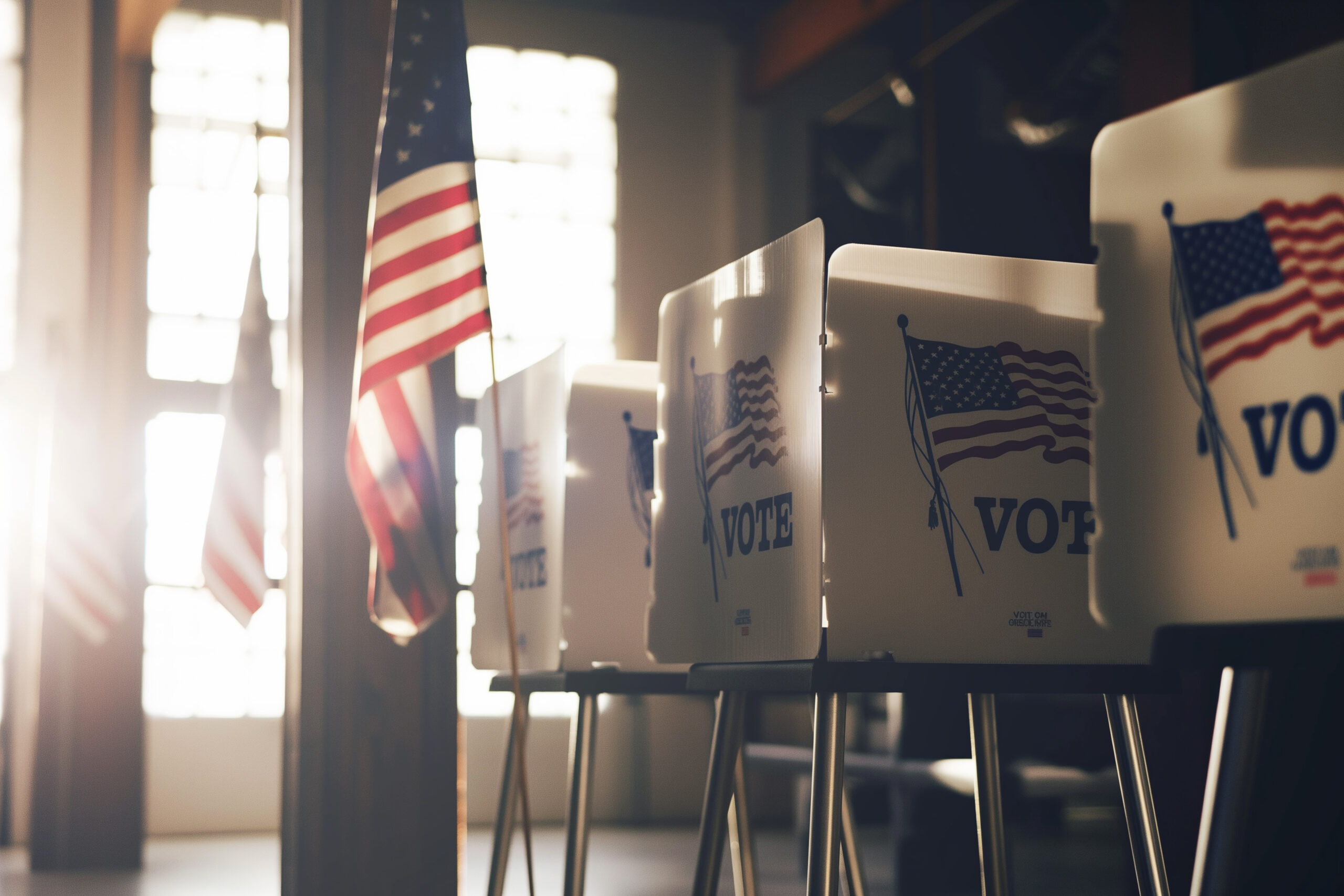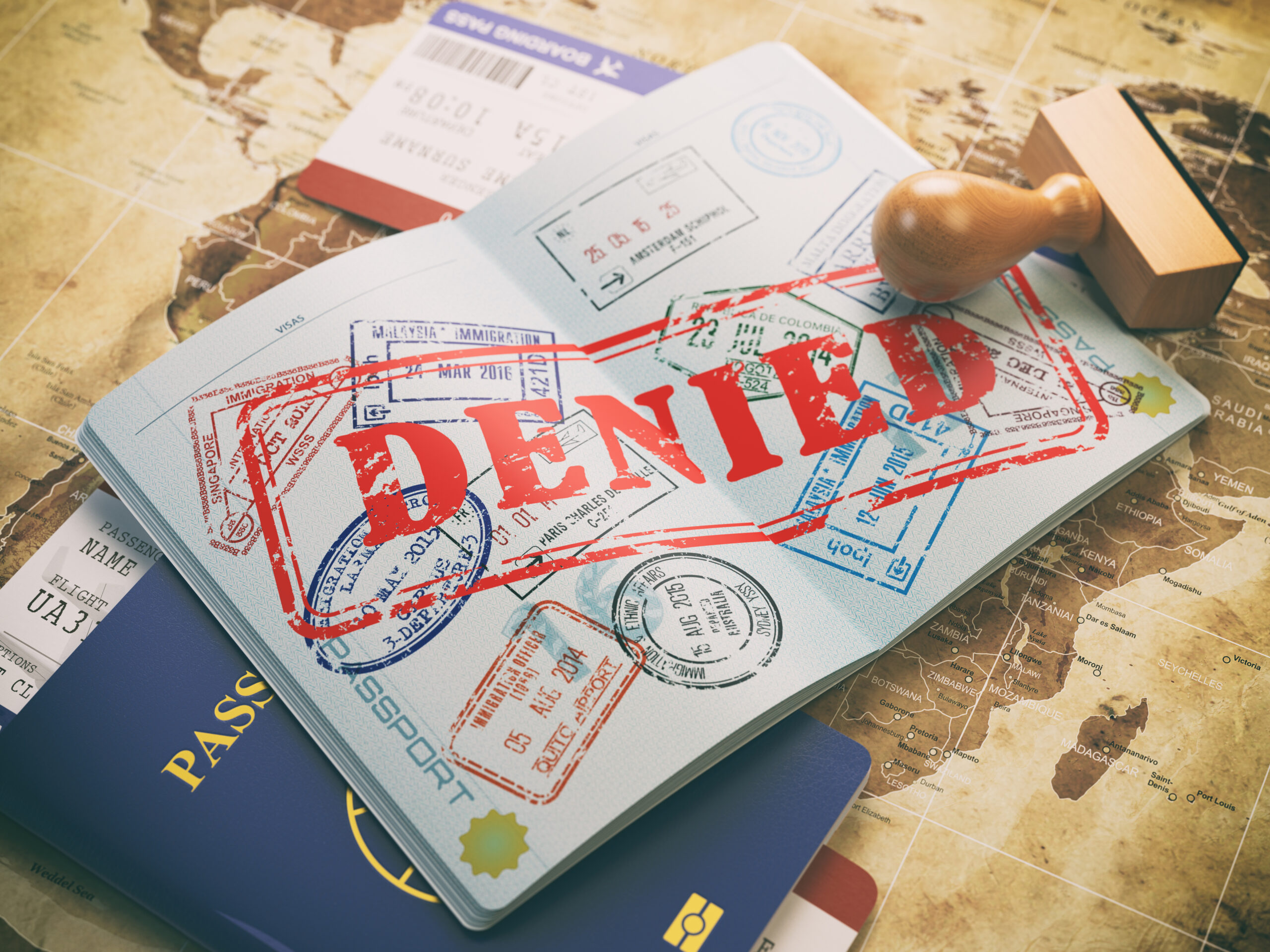As the 2024 election approaches, a big question emerges: Can any candidate economic plans create a strong and fair future? Business leaders and everyday people are all talking about the 2024 Economic Policies. We’ll look closely at these plans to see which ones are truly innovative and sustainable.
Vice President Kamala Harris wants to grow the economy for everyone, cutting taxes for over 100 million people. She also supports new parents with big tax breaks. On the other hand, President Donald Trump’s plan focuses on tariffs, showing two very different paths for America’s economy.
How will Harris’s visit to the border and Trump’s speeches in Michigan shape the economy? Statistics show big challenges like preterm births and healthcare gaps. These issues highlight the need for candidates to focus on both money and social impact.
Some politicians suggest giving up modern comforts for the environment. But is it right to deny billions of people access to new technologies? These debates are part of a bigger conversation at the United Nations about the future of the economy. The stakes are high, affecting not just countries but also the world’s most vulnerable people.
Each plan offers different benefits, but faces huge global challenges. It’s time to examine who has the best plan for 2024. Join us as we explore the economic comparison of candidates and find out who might lead America and the world to a prosperous future.
Analysis of Vice President Kamala Harris’s Economic Agenda
As the 2024 presidential race gets closer, Vice President Kamala Harris is focusing on economic reforms and corporate accountability. She wants to make the economy better and fairer. Her plans include big steps to cut income gaps and help American families.
One key idea is a $25,000 credit for first-time homebuyers. This is to make owning a home easier for more people.
But, not everyone agrees with Harris’s economic plans. Kevin O’Leary, for example, worries about inflation from higher corporate taxes and price controls. He thinks Harris’s good intentions might not work out well for growth.
Yet, a UBS survey shows millionaire investors are starting to trust Harris. Many plan to back her over other candidates. They believe she can lead the country to better economic reforms and more corporate accountability.
This debate shows the big question: How should America’s economy change to face today’s and tomorrow’s challenges? As the election nears, the details of these plans will be key. They will help decide the future of the United States.
2024 Economic Policies: The Differing Views on Jobs and Taxes
The debate on jobs and taxes in 2024 is heating up. Key stakeholders are arguing over the best way to grow the economy while keeping finances in check. The financial impact of 2024 policies will shape the U.S. economy, affecting small businesses, big corporations, and taxpayers.
Candidates have different plans for managing the nation’s wealth and jobs. Some want to raise taxes on the rich and big companies. They say this will bring in more money for public services and jobs.
Others suggest cutting taxes. They believe this will give people and businesses more money to invest and hire.
The jobs and taxes 2024 topic shows deep ideological divides. Finding the right balance is key. Too much tax could hurt new businesses, while too little might harm public services.
“The right fiscal policy can either build or break our economic momentum. Our goal should be crafting a system that fosters prosperity and fairness,” states a leading economist.
The upcoming elections are crucial for the nation’s economic future. Voters must choose which candidate’s jobs and taxes 2024 plans they support. This will decide the financial impact of 2024 policies on everyone.
Understanding Inflation Policies Proposed by 2024 Candidates
In the lead-up to the 2024 election economy, inflation is a big deal. Candidates are coming up with strong plans to fight it. They want to know which ideas will help lower prices and make life easier for everyone.
Some plans include giving credits to help low-income families and controlling prices on key items. But, these ideas raise questions about their lasting impact. People are worried if they will really help the economy or cause more problems later.
The candidates are trying to find the right mix between quick fixes and long-term solutions. How well their plans work in the changing world market is key. They aim to win people’s trust as the cost of living keeps going up.
Global Economic Competitiveness and Tax Policies
The world is changing fast, and how corporate tax rates and global competition work together is key. Countries are tweaking their tax rules to help growth and stay competitive globally.
There’s a big debate about if changing corporate tax rates helps keep taxes fair and boosts a country’s global standing. This is especially true for big companies that can move to places with better tax deals.
The essence of shaping tax policies is to strike a balance that supports economic growth while ensuring that all entities contribute their fair share.
But raising corporate tax rates could scare off investors. This might make companies move to places with lower taxes. This shows how closely tax policies and the world economy are linked.
Creating and changing tax laws needs careful thought about how they affect global standing. It’s important not to make a country’s taxes too high. A stable, fair tax system can draw in foreign money and boost local businesses.
In short, dealing with corporate tax rates and global competition needs smart planning and vision. It’s about making countries strong players in the global economy.
Comparative Analysis: Economic Reforms and Financial Impact
The economic reforms of 2024 candidates show the big financial impacts on different parts of the economy. Understanding these impacts is key to seeing how the market might change. This could bring new chances or challenges for businesses and people.
The hospitality industry is a big area where the financial impact is clear. Reforms could lead to growth by attracting green-conscious customers. Or, they might raise costs with new green tech. These changes could really change the industry, affecting profits and how people shop.
The financial impact of 2024 policies also hits the real estate world hard. It affects how easy it is for people to find affordable homes. Reforms could bring more money into housing, helping middle-class families. This could make communities better by making homes more available.
Looking at how all these sectors connect is important. From new tech in services to changes in rules, each reform has big effects. We need to see the big picture to understand what might happen.
In short, as we get closer to the election, talk about these economic reforms and their financial impacts will grow. Everyone, from business leaders to shoppers, needs to keep up. This way, they can make smart choices based on what’s coming.
Evaluating the Economic Comparison of Candidates in the 2024 Election
The 2024 election is all about the economy for many Americans. A look at the candidates shows big differences that matter to voters. Vice President Kamala Harris and former President Donald Trump have different plans for the economy.
Polling shows people trust Harris more on the economy, especially those with a lot of money. Harris is doing well in key states like Nevada and Pennsylvania. But Arizona is a close race.
New York really likes Harris, showing a 14-point lead. This suggests people want economic policies that help their state. Many think the country is on the wrong track, making economic plans very important.
Immigration is a big issue, with Harris facing criticism. But Trump has his own problems, like what Bill Barr and Anthony Fauci say about him. These issues affect trust and the country’s finances.
Trump’s legal troubles and divisive actions are under the microscope. Harris is seen as a better choice for the economy. The next few months will be key as voters decide who to support.















